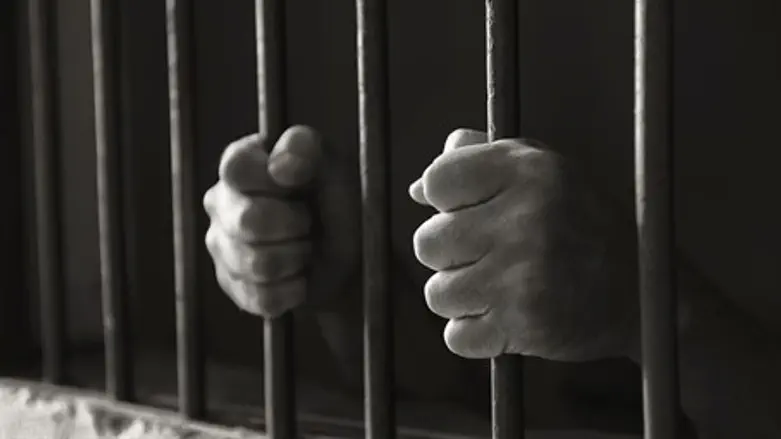
A new study sponsored by the Kohelet Forum has revealed that false rape accusations make up between 15% and 40% of rape accusations – and not just 2% as the Israeli public has been told for years by some legal experts and gender movement activists.
The study also pointed to a policy of extreme lenience by the State Attorney's Office and State Prosecution toward women who file false accusations against men. Furthermore, the Prosecution’s response to the study indicated an approach that sees Israel’s male population as bearing collective guilt for the crimes perpetrated by sex offenders.
The study was carried out by Dr. Yoav Mazeh, Head of the Family, Equality and Law Research Center at the Ono Academic Center. It found that even when a complainant has been found to be lying with the sole aim of causing damage to the accused, the Prosecution will rarely file charges against her, and if it does, the punishment it asks the court to mete out will be very light.
Studies and factoids
The project examined dozens of studies that were carried out worldwide, regarding false accusations of rape and other sexual offenses, reported Ma’ariv. One of these was an FBI study that found that between 8% and 20% of rape accusations were false. Studies carried out by NM Maclean in Scotland and Eugene Kanin in the US indicated that over 40% of accusations were false. Researcher Jan Jordan of Wellington University in New Zealand found that 41% of the accusations it examined were proven false, while the veracity of another 38% was hard to determine.
False allegations of sexual abuse of children are even more common, the study found, since they are very common in divorce proceedings. Studies found that between 30% and 70% of such accusations filed in divorce proceedings were false.
The factoid regarding a 2% false accusation rate has its source in a 1975 book by journalist Susan Brownmiller, Mazeh found. Brownmiller claimed that a certain judge had said, in a 1974 lecture, that a New York Police Department study found that 2% of rape accusations are false. However, there is no record of the judge having ever said this.
Ma'ariv noted that Israel’s High Court refused to order the Prosecution to take legal action against women who falsely accused men of sexual crimes, and has refused to allow the names of these women to be published. Even the names of four women whom the court recently found to have maliciously accused a lawyer of raping them are still under a gag order.
The Prosecution is also lax toward false accusations of violence filed by women against men, Mazeh found. He pointed to Prosecution Instruction 2.5, which was formulated in the mid-00’s by Dorit Beinisch and Edna Arbel when they served as State Prosecutors, as having affected the way the Prosecution deals with this type of false complaint. Between 2000 and 2006, charges were filed in 28% of the cases of false complaints about violence. By 2015 that rate had dropped to just 5%. The punishments requested are usually no harsher than community service.
Prosecution believes in collective punishment?
The Prosecution responded to the study’s findings by saying that it adopts a “careful” approach before filing charges against a complainant who “recants” a complaint, “because of the unique characteristics of the offenses and the consequences for the victim,” and also “in view of the estimate that the number of victims of this kind of offense is much larger than the number of complaints that are actually filed.”
The latter part of the response indicates the startling fact that the Prosecution admits it is enabling false complaints, but does so out of a vindictive policy that sees Israeli men as bearing collective guilt for sex crimes committed in the country.